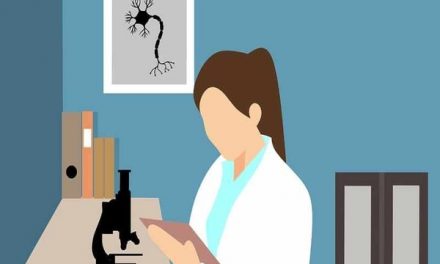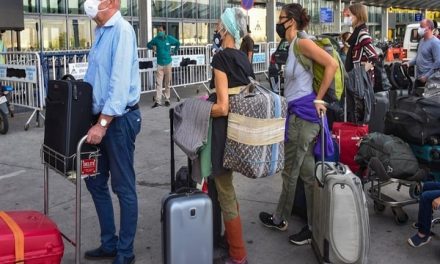ICMR household survey: The Indian Council of Medical Research in collaboration with other key stakeholders is conducting a population-based sero survey to estimate the prevalence of coronavirus infection among the Indian population.
This new research comes on the heels of another facility-level pooled testing of all districts of the country. Both mark an enhanced level of testing surveillance from previous studies focused on Severe Acute Respiratory Illness (SARI).
“This is a household-based survey of adults to look for the presence of infection across the country in a systematic manner irrespective of reporting of cases currently. It will look for the presence of IgG antibodies that usually appear 10 to 14 days after infection,” ICMR researcher Dr. Tarun Bhatnagar told The Indian Express.
The survey would be conducted in 69 districts of 21 states and Union Territories. Participating states include Maharashtra, Rajasthan, Uttar Pradesh, Gujarat, Madhya Pradesh, Chhattisgarh, West Bengal, Assam and Bihar.
According to an expert associated with the survey, the exercise can help to ascertain if there has been community transmission of the respiratory disease in these areas.
The survey will involve the collection of venous blood samples from 400 randomly selected individuals (one per household) from 10 clusters in each district.
As part of the study, people from Red, Orange and Green zones in a district will be tested for COVID-19 at random to check if they have developed antibodies against the infection even though they are asymptomatic or show mild symptoms.
In each district, 10 health facilities — six public and four private — will select 100 healthcare workers, 50 outpatient attendees who do not have the influenza-like illness, and 50 pregnant women to undergo RT-PCR and antibody tests.
In the last ICMR research study on syndromic SARI surveillance, released April 18, out of 5,911 SARI patients randomly tested for coronavirus from February 15 to April 2, a total of 104 (1.8 percent) tested positive for the virus across 52 districts in 20 states and Union Territories.
The officials said the study would have started earlier as it was planned to be conducted with the rapid antibody test kits brought from China. But after these test kits showed inaccurate results in some places, the study had to be postponed.











